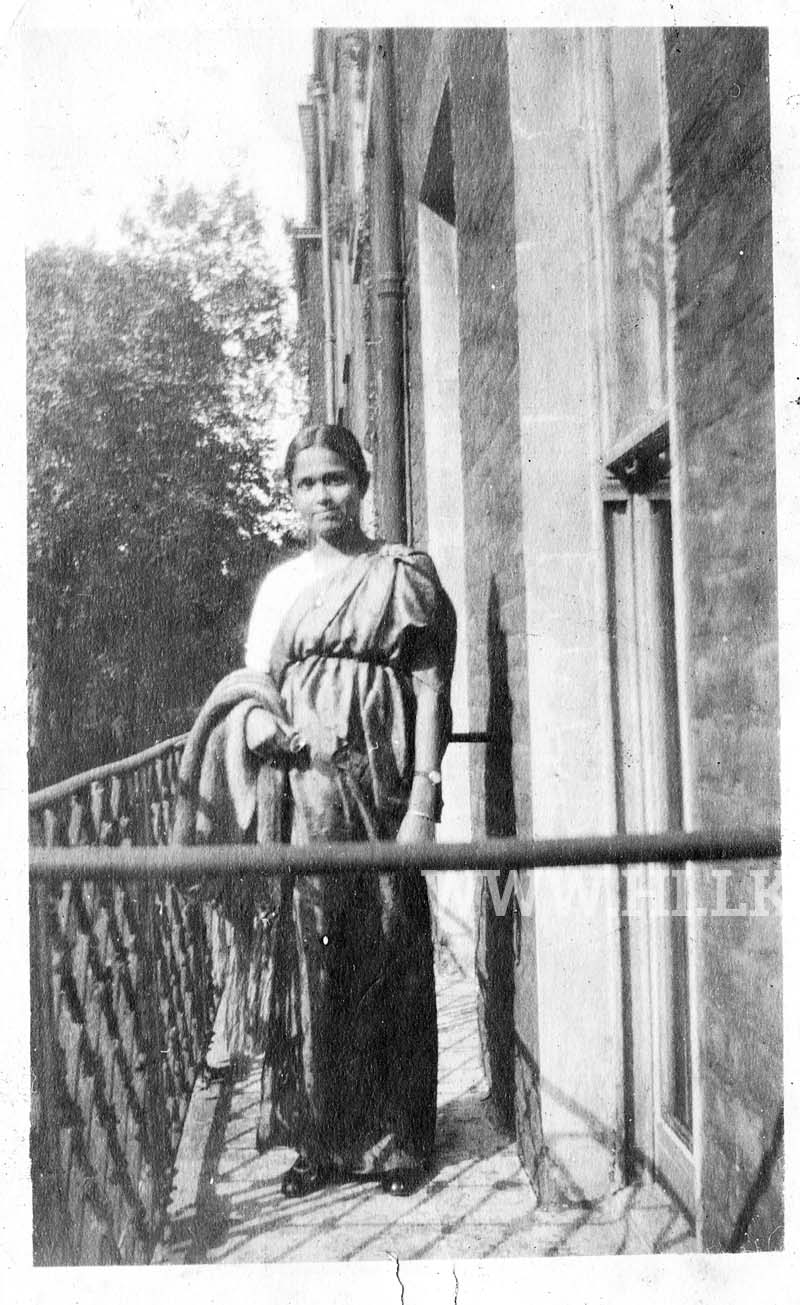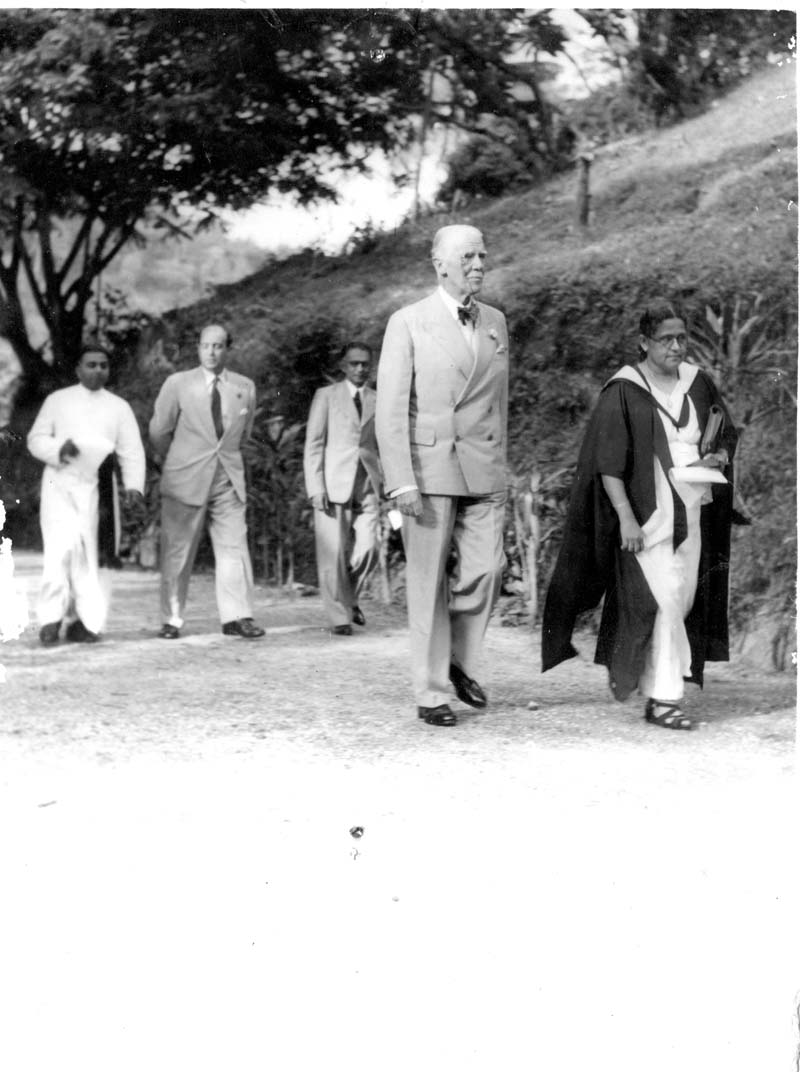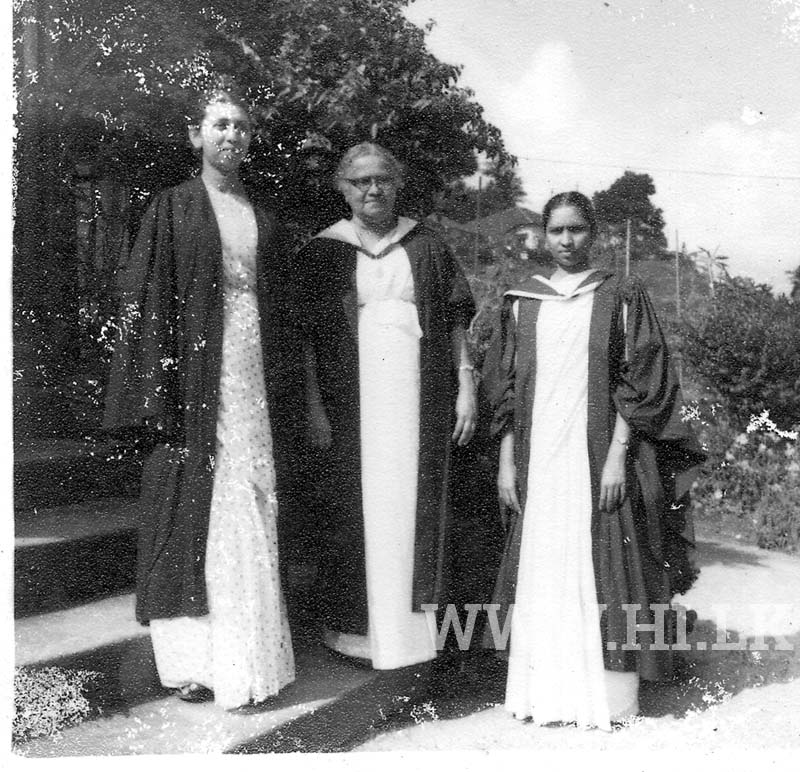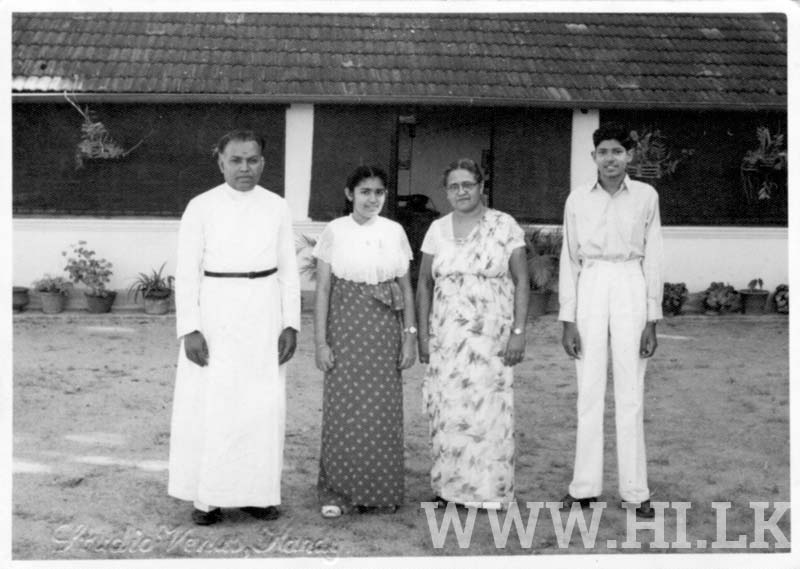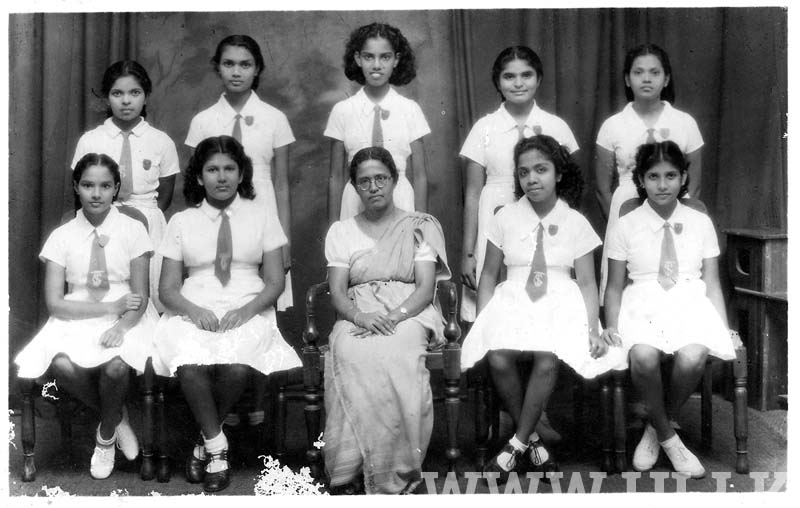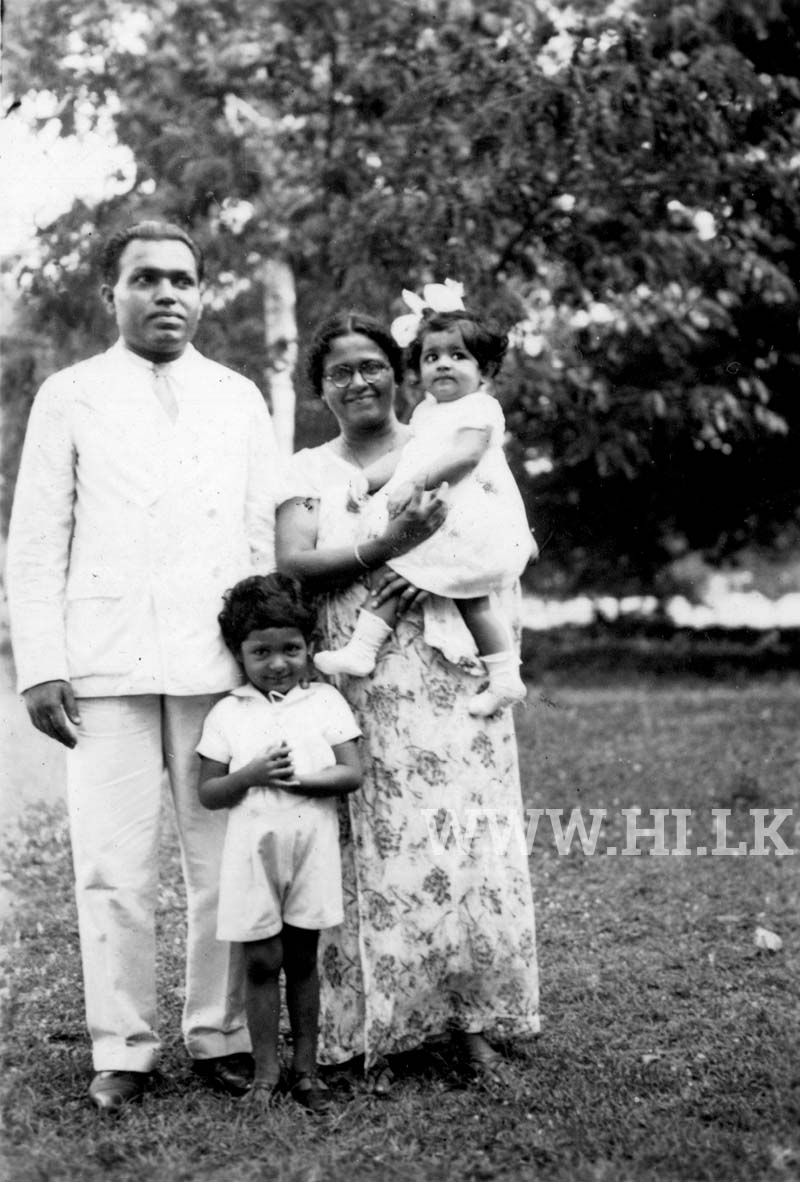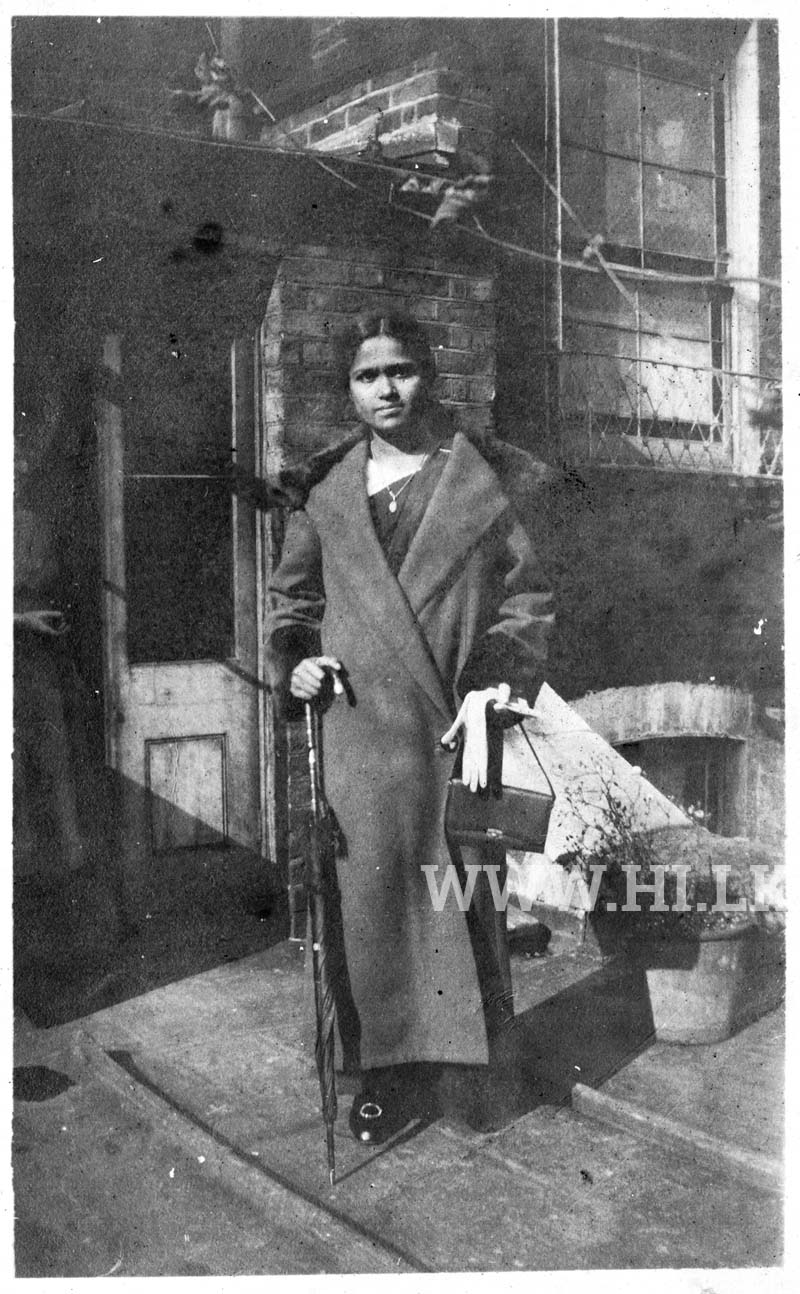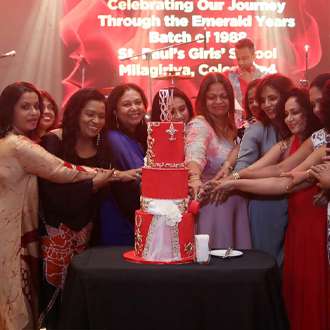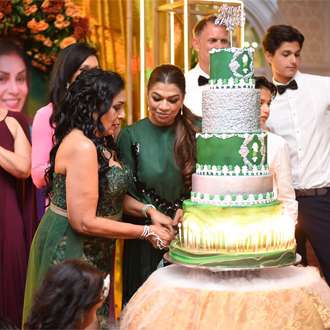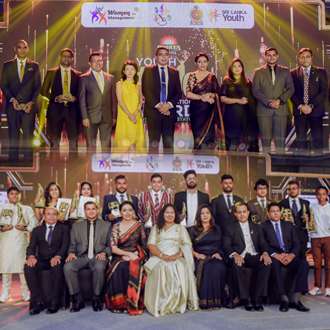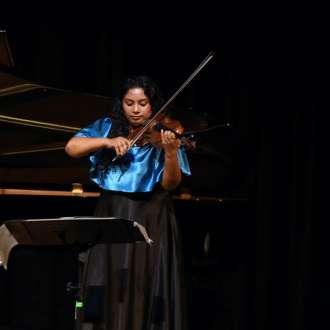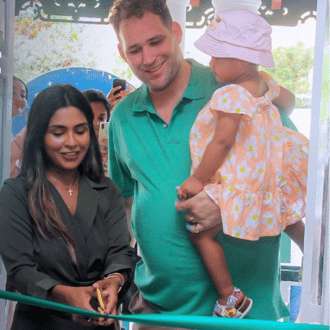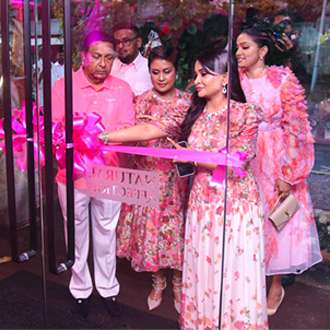Compiled by Tina Edward Gunawardhana
Born as Soma Kumari Seneviratne to Ehelepola Madduma Bandara Seneviratne and his wife, a respected landowning Kandyan family in Ampitiya, the young Soma Kumari had before her a glittering career which would see her reach the pinnacle of education in Sri Lanka. Guided by her father, a scholar himself, Soma Kumari was admitted to Girl’s High School Kandy, where in 1917 she passed the Senior Cambridge Exam with flying colours. The following year she became the first Kandyan woman to travel overseas when her academic prowess earned her a place at the Women’s Christian College (WCC) in Madras. Soma Kumari read English for her first degree at the Women’s Christian College and won the Grigg Memorial Gold Medal, which is an award given to the student who attained the highest mark in the whole of the Madras District.
After graduating from Women’s Christian College, Soma Kumari taught at her alma mater, Girls’ High School Kandy. Eager to continue with her academia, she made history again by becoming the first Kandyan woman to be admitted to Cambridge University where she attended Girton College. While there in 1924 Soma Kumari won her Tripos in English and another in Sanskrit. Duty bound to return to Ceylon, when her father fell ill Soma Kumari was compelled to complete her studies in eight months as opposed to the standard two years. After obtaining her Masters from Cambridge University, Soma Kumari returned to Women’s Christian College as a lecturer in English. As a scholar of Shakespeare, her knowledge was put to good use and she excelled as a lecturer. In 1932 after completing her tenure at Women’s Christian College, Soma Kumari returned to Sri Lanka where she was appointed as the first warden of the University Women’s Hostel in Colombo.
Simultaneously she also worked as the visiting lecturer in English and Sanskirt at the University College. Another overseas appointment beckoned and Soma Kumari took wing to the Diocesan College in Calcutta where she spent two years teaching English. After her return to Sri Lanka in May 1939, Soma Kumari joined the tutorial staff at St Thomas’ Girls High School Matara. Just seven months after joining, her impressive work ethic saw her appointed as Principal, a position she held until December 1945. Her departure to Hillwood College, Kandy happened soon after when she applied and was selected as Acting Principal of Hillwood College, Kandy, since the Principal, Miss Rigg was to go on furlough to Britain. However, Miss Rigg opted to rejoin a school in Japan and Soma Kumari, the Acting Principal was requested by the CMS Missionary Board to assume the post of Principal which she did, thus becoming the first Ceylonese Principal of Hillwood, a post she held for 18 years until her retirement in January 1964.
During her time at Women’s Christian College, Soma Kumari converted to Christianity. She also met a Theology student, John Wilson Samarasinha who won her heart. Samarasinha was from the deep south of Ceylon and at that time, marrying to please oneself was considered taboo in conservative families. Despite this, Soma Kumari had her rights respected and she married her choice of husband on April 22, 1931, in Madras. With the passage of time, Soma Kumari and John Wilson went on to produce a son, Rajeeva and a daughter, Latika who herself was an English Teacher at Methodist College and was held in very high esteem. Assuming the mantle as the first Ceylonese Principal of Hillwood, Soma Kumari nurtured the school and worked tirelessly. She was often found to be working from sunrise to sunset and saw no separation between term time and vacation. She was strict but at the same time exercised compassion. Her purpose as an educationist was to work and achieve the highest, be it in education, family life or in her career. Soma Kumari did not subscribe to the traditional notion of an arranged marriage being the best option for any girl with limited English education. Instead, during her tenure as Principal, she encouraged parents to send their daughters for higher studies and did her utmost to encourage girls to develop their personalities and become women of worth thus raising generations of strong and purposeful women.
